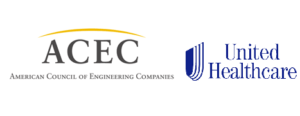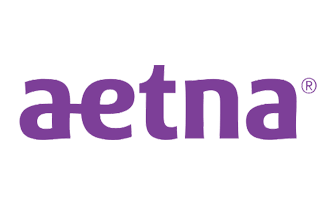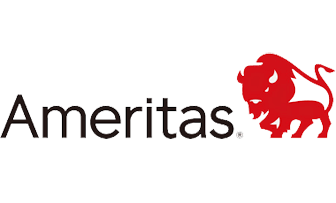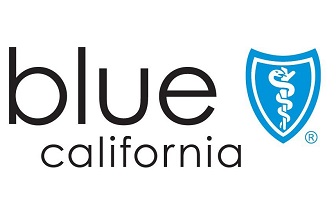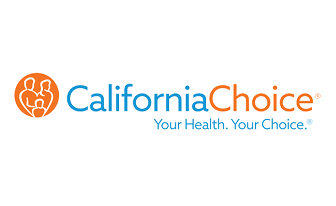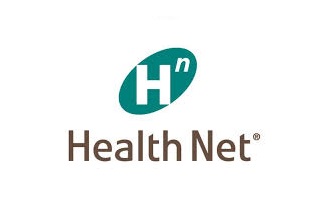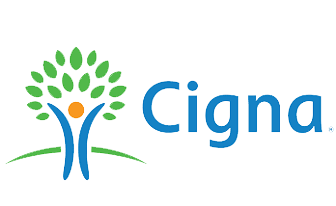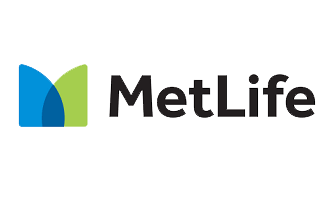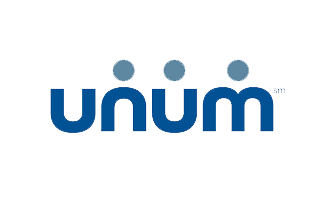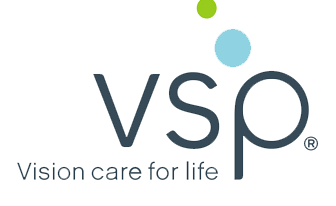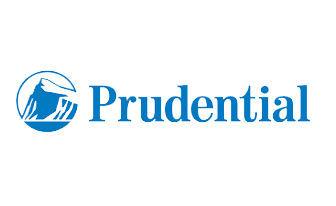Cost Saving Strategies
The following innovative benefit arrangements allow for employers and employees to pay for premiums, healthcare services, and other qualifying expenses, with pre-taxed dollars, saving both the employer and the employee money.
Health Savings Account (HSA)
Many group health plans benefit by having a Health Savings Account (HSA) feature that combines a high deductible/lower premium health insurance plan (PPO) with a savings account. Both employer and employee can contribute, tax-free to the savings account, which can help fund the deductible and other qualified medical expenses. Then, the insurance will begin paying claims, once the deductible is satisfied.
Health Reimbursement Account (HRA)
A Health Reimbursement Account (HRA) combines high deductible/low premium health insurance with a tax favored savings account. Employers contribute to the savings account, which can be used for to fund co-pays and other qualified expenses prior to the deductible being met.
Flexible Spending Account (FSA)
A Flexible Spending Account (FSA) is a cafeteria plan under Section 125 of the tax code and allows for benefits to be paid with pre-tax dollars which results in tax savings to both the employee and the employer.
The average working employee in America spends thousands of dollars annually on certain types of medical benefits, daycare expenses and transportation services. By participating in an FSA, an employee’s taxable income is reduced, which increases the percentage of pay they take home and allows them to pay for these benefits and services with the pre-taxed dollars, in essence giving them a discount on these services.
Here’s how they work
This tax-favored savings account is funded solely by the employee through regular pre-tax payroll deductions. Employees elect how much they want withdrawn from each pay period, which can be changed annually or upon a qualifying event such as marriage or divorce. Throughout the plan year, funds can be withdrawn from the account (tax-free) to pay for eligible medical, dental, vision, prescription and dependent daycare expenses. Some FSAs include work-related parking and transit costs. The administrator of the FSA account can issue a debit card that is tied to the FSA making it easy to use the account when needed.

















